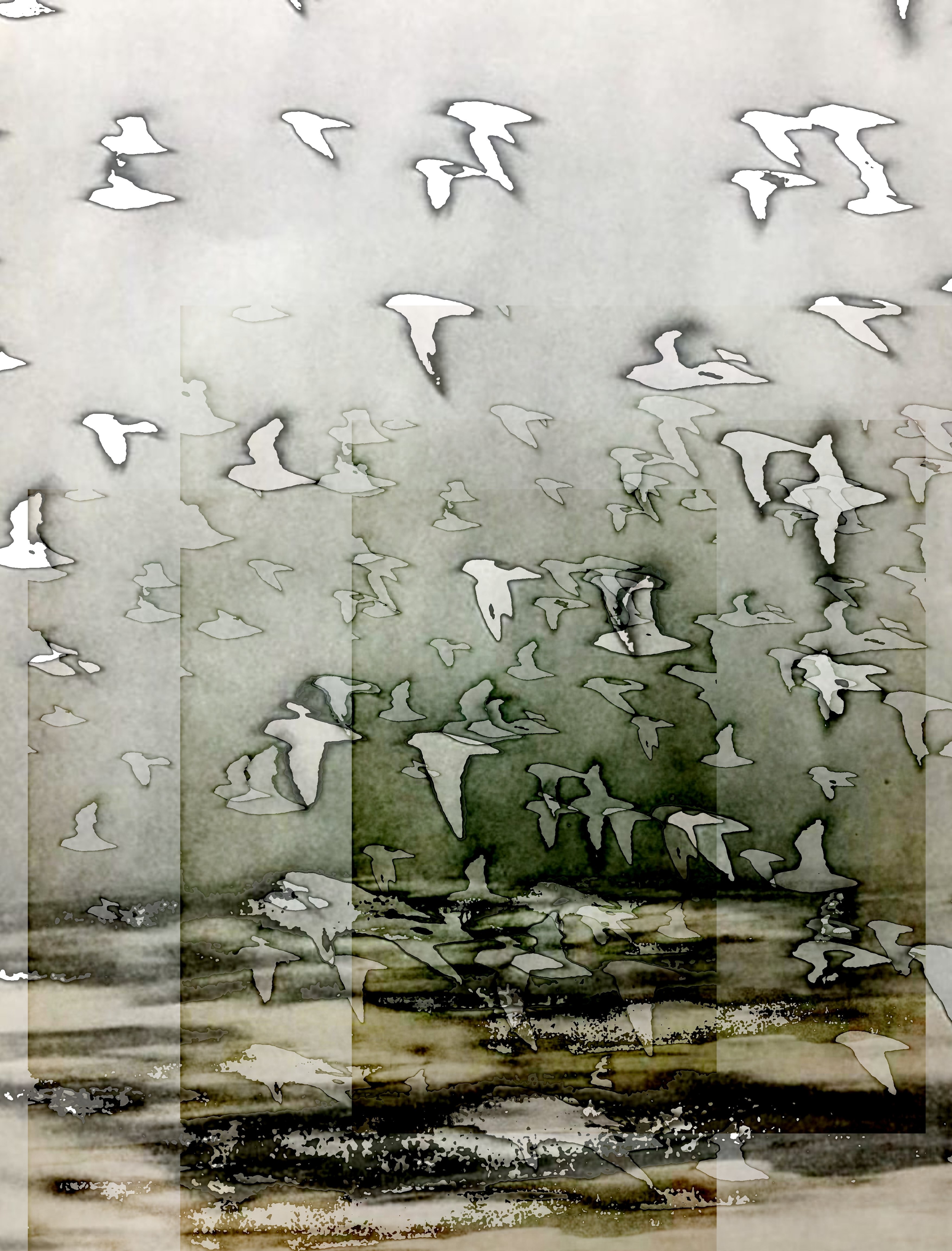Death and the Maiden
Schubert's Death and the Maiden String Quartet strikes me primarily as a hanting piece about the romanticization of death. It is not about the death of a maiden per say... to me the music instead produces a vision about the allure of death.
The original 'Der Tod und das Mädchen' was a lied of Schubert's from 1817; Lieder has lyrics! It is a poem set to music! In the written poem, the maiden wishes for death to leave her alone (i'll remind you that this was before he contracted syphilis). Death is not forceful figure here, every time it speaks, the music slows and even shifts to the relative major – this is in opposition to the maiden whos parts are all in D minor. There are other aspects to the composition that help emphasize the central context, but for me it really comes down to the text of the poem.
| German | English |
|---|---|
Das Mädchen: |
The Maiden: |
The artwork to the right is what I made while listening to the piece for the first time, I had completely forgotten that Rena was attempting to emulate birds in her choreography, lovely bit of sychronicity there.
